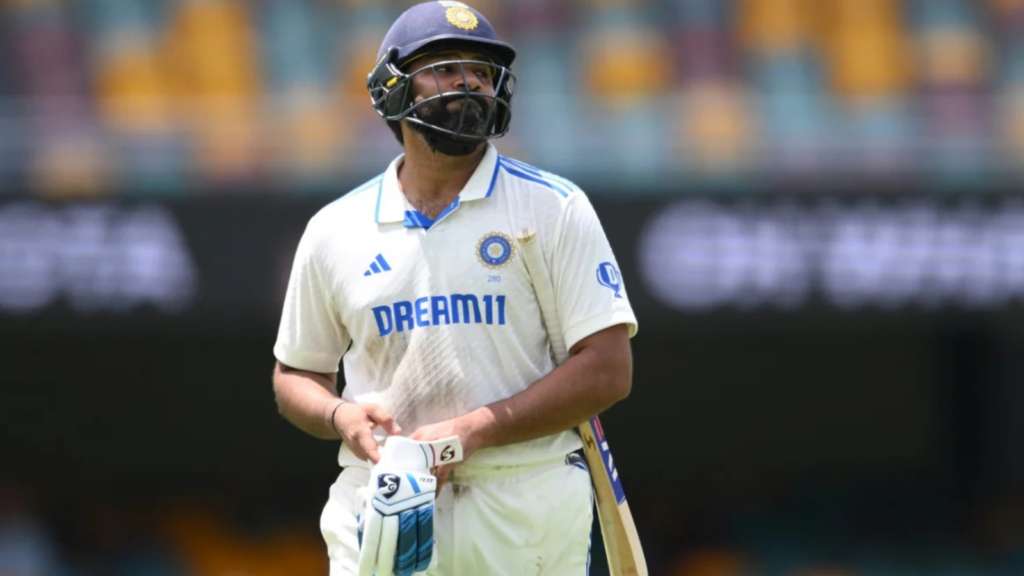Indian captain Rohit Sharma has been a hot topic of discussion since the beginning of the Border-Gavaskar Trophy. His leadership, batting performances, and tactical decisions have been under scrutiny and admiration. Sharma’s ability to adapt to challenging situations and lead the team has sparked debates among cricket enthusiasts, making him a focal point throughout the series.
The Indian batter has been under the radar since India’s 3-0 loss at home against New Zealand. His form and consistency have been a point of concern for fans and critics alike, with many questioning his ability to perform under pressure. The disappointing series has also raised discussions about the team’s overall batting depth and approach, placing additional scrutiny on his role within the squad.
Rohit Sharma skipped the first Test match of the Border-Gavaskar Trophy in Perth due to personal family reasons. In his absence, Jasprit Bumrah stepped up as the stand-in captain and led the team to an impressive victory. Bumrah’s leadership was widely praised, as he effectively marshaled the resources at his disposal and inspired the team to perform at their best. His tactical acumen and calm demeanor under pressure showcased his potential as a future leader for the Indian team, making the victory even more special.
3 reasons why Rohit Sharma should take retirement from Test Cricket

1: Inconsistent Performances
Rohit Sharma’s record in Test cricket has been marked by inconsistency, especially in challenging overseas conditions. While he has delivered some remarkable innings at home, his inability to perform consistently against top bowling attacks on foreign soil has raised questions about his reliability in the longest format.
In recent times, Rohit Sharma has not been able to impress with his performances in Test cricket. This inconsistency has impacted the team’s overall performance in crucial matches.
2: Limited Impact as a Leader in Tests
Although Rohit has proven himself as an effective leader in white-ball cricket, his captaincy in the Test arena has not delivered the same results. The pressure of leading in all formats might be affecting his performance, and stepping back from Test leadership could allow the team to explore other leadership options better suited for the demands of red-ball cricket.
At times, the Indian captain has been seen helpless on the field, particularly during challenging situations in Test matches. Whether it’s navigating tough opposition conditions or managing underperforming players, Rohit Sharma has struggled to make impactful decisions that could turn the game in India’s favor.
3: Opportunities for Emerging Players
India’s cricketing bench strength is strong, with several talented young players waiting for opportunities in the Test arena. Sharma’s retirement could pave the way for the next generation to establish themselves, ensuring a smooth transition for the team while maintaining its competitive edge.




